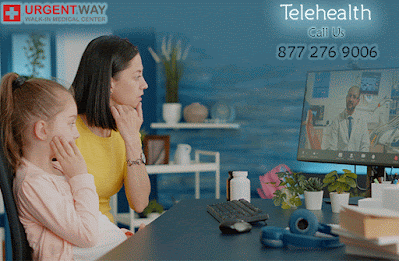Where should you take your child when they are sick?

Where should you take your child when they are sick? If your child is sick, the best course of action would be to take them to see a pediatrician or a family doctor as soon as possible. You can start by contacting your child's primary care physician or pediatrician to schedule an appointment. If it's outside of their regular office hours or you can't get an appointment soon enough, consider going to an urgent care facility or an emergency room. If your child's condition is severe and potentially life-threatening, such as difficulty breathing, severe allergic reactions, or seizures, call 911 or go to the nearest emergency department right away. The rise of pediatric urgent care Pediatric urgent care has become increasingly popular in recent years, as parents seek more convenient and accessible healthcare options for their children. Pediatric urgent care centers provide immediate medical attention to children for non-life-threatening illnesses and injuries that







